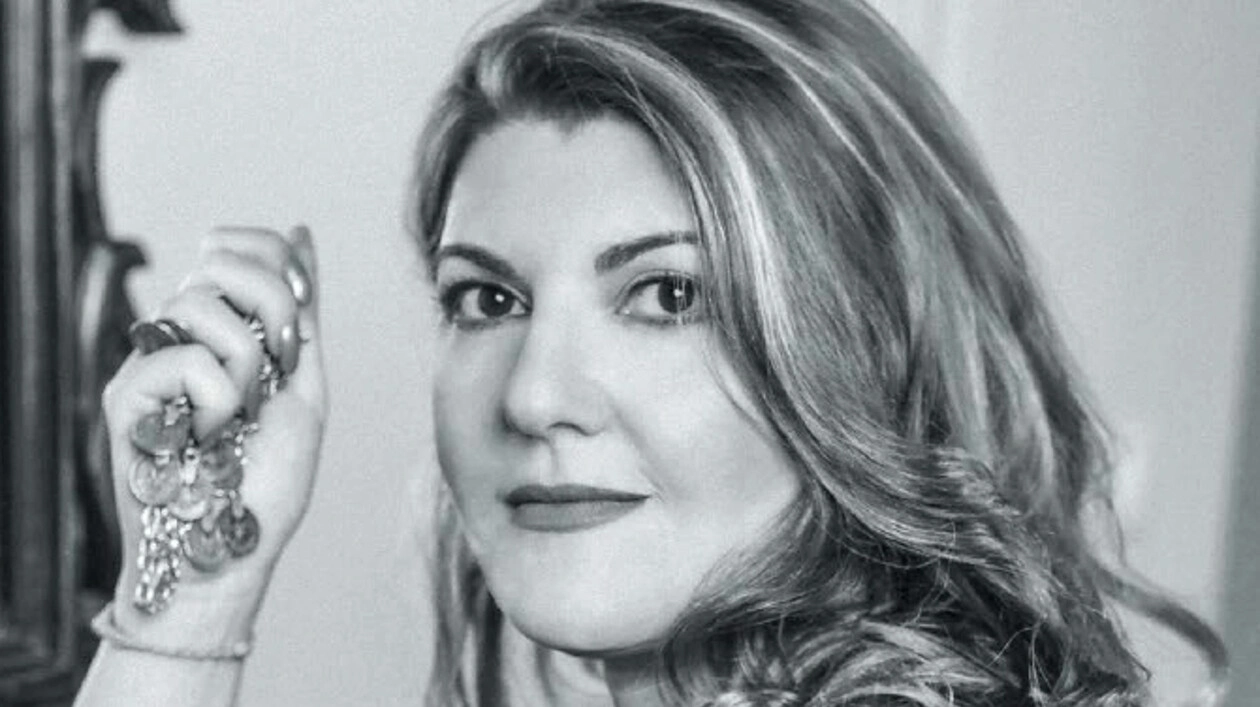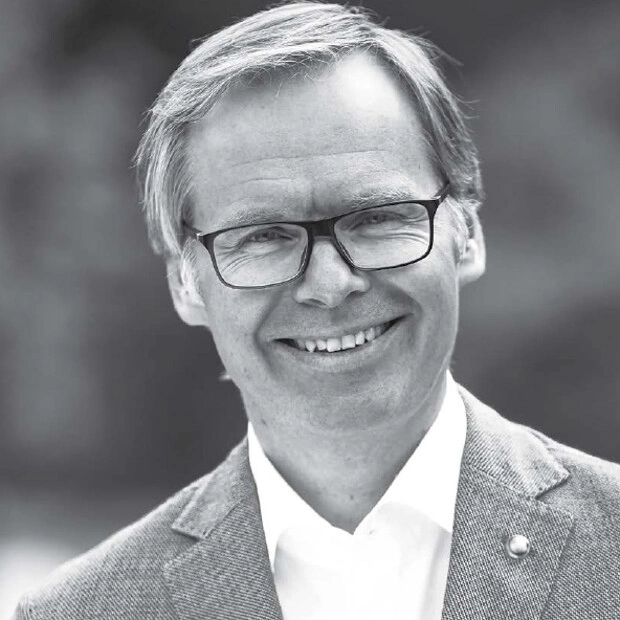Mankind knows the fear of existential solitude from the moment when its first representative realized that we come to this world alone and go the same way. This fact isn't cancelled by disputes about the worlds we come from and go to and if those worlds exist at all. Traditions wrap like a warm plaid in the autumn evening muffling fears and give the feeling of involvement and mindfulness of existence — our columnist, CEO of AVRORACLINIC Liana Davidyan considers.
As best as I can remember, my first live interview was in 1992. The radio station was Armenian Radio and the programme content serious. Considering this was a personal first, it's odd to have no recall of the studio's appearance, who else was there or even what was the weather. There is just one thing I do remember which was the unexpected question 'For what do we need tradition'. No one over forty now is likely to forget those tumultuous years that immediately followed the end of the Union. The question confused me because what until then had seemed a constant in my mind, raised doubt in somebody else's. The fact was, past customs in the new reality seemed almost comic, so how could they be defended?
A reasoned defence needs a basic starting point. Animals are ruled by instinct while people are governed by a combination of will, tradition and legal coercion. The tacit rulebook is not only about Polynesian tribal initiation rites or British coronations and other infrequent events, daily life is enveloped by tradition. Of course, widely differing from country to country and across different social and family groups.
A case in point was an Arabic student in my university group who was shocked at the hugging and kissing that went on among us, contrary to her country where any form of touching was forbidden. As time passed she fell in with our custom and in her last year married a compatriot and they settled in Israel. I have since lost touch and often wonder if she kept up her openness in greetings or reverted to her previous custom.
Traditions evolve out of life circumstances and give individuals a sense of belonging, a feeling of non-loneliness. Keeping to tradition can also prevent making the mistakes of the past and give certainty on how to behave. We don't reinvent the bicycle each time we sit on the saddle, we simply turn the pedals. Armenian has a word that is hard to translate that describes those who exhibit a state of settled order and culture shnorc and I have to say that I like to deal with such people. At the least because they respect their cultural heritage.
On the other hand, following traditions can easily bring you to blind obedience. My friend is short, blonde and has an eye-catching appearance with rich hair and ruby red acrylic nails. One rainy day she entered a church. She was looking for a miraculous icon for which this church was famous. A militant mannered woman who was working there rushed to her and started to shush her saying that she should wear scarf, her makeup was too colourful and her looks were not much obedient. "Our Batyushka doesn't allow "your type" to enter the Church!" Mother of two grownups, grandmother of a charming grandson, teacher of English took a glance above her glasses and replied: "I didn't come to visit your Batyushka, I came to Him" — and pointed the sky with a specific gesture.
The tradition of covering a woman's head came from pre-Christian times. It had a practical and esoteric sense. But the absence of scarf cannot affect religiousness. The history of humankind has lots of examples when with time traditions became a retrograde delusion. In every man's life something like this happened too. Speaking with hand on heart each of us can tell that once he didn't break tradition not being decisive enough to break the habit and lost the opportunity to make something better for his life. And though history doesn't know the subjunctive mood, we still cannot avoid regrets about that.
I sometimes think that all of our life is manoeuvring between things accepted, traditional and innovative and the great skill is how to balance the seemingly irreconcilable practises. The more significant achievement is to create your own special traditions. Lev Tolstoy was right saying that every unhappy family is unhappy in its own way. But happy ones are also happy in their special way because each of them has its own tradi-tions. Some have obligatory Sunday lunches like my parents had. Some create diminutive tender nicknames sometimes meaningless for other people. Some make Birthday parties as fairy events for tens of guests and some traditionally escape to other countries for those days. The certain repetitiveness, exclusiveness, definitive stability gives a person the feeling of safety.
Traditionalism in its better sense, and the answer to the question that caused me difficulty a quarter of a century ago, is like a warm coat protecting from sudden sharp cold wind. If you suddenly loose its protection you can't avoid the feeling of confusion. Nothing lasts forever. There are traditions dissolving during the life of one generation and some are holding on for several centuries. And may be only time can be the measure of their value in coordinate system of humankind in general. For each of us traditions mean all of accumulated by us and our predecessors experience, a certain road map and it is up to us where we choose to go with its help.







